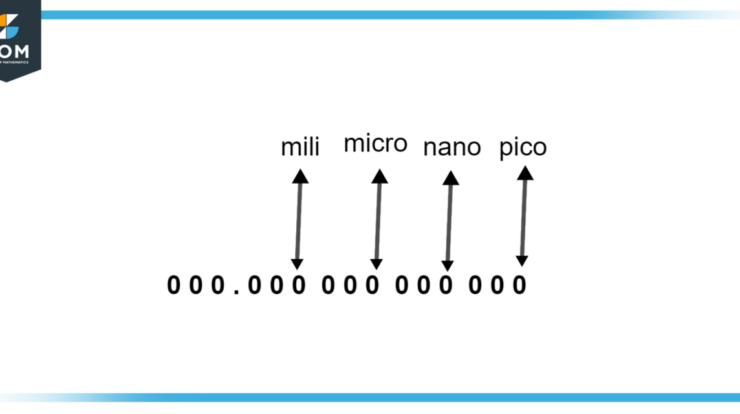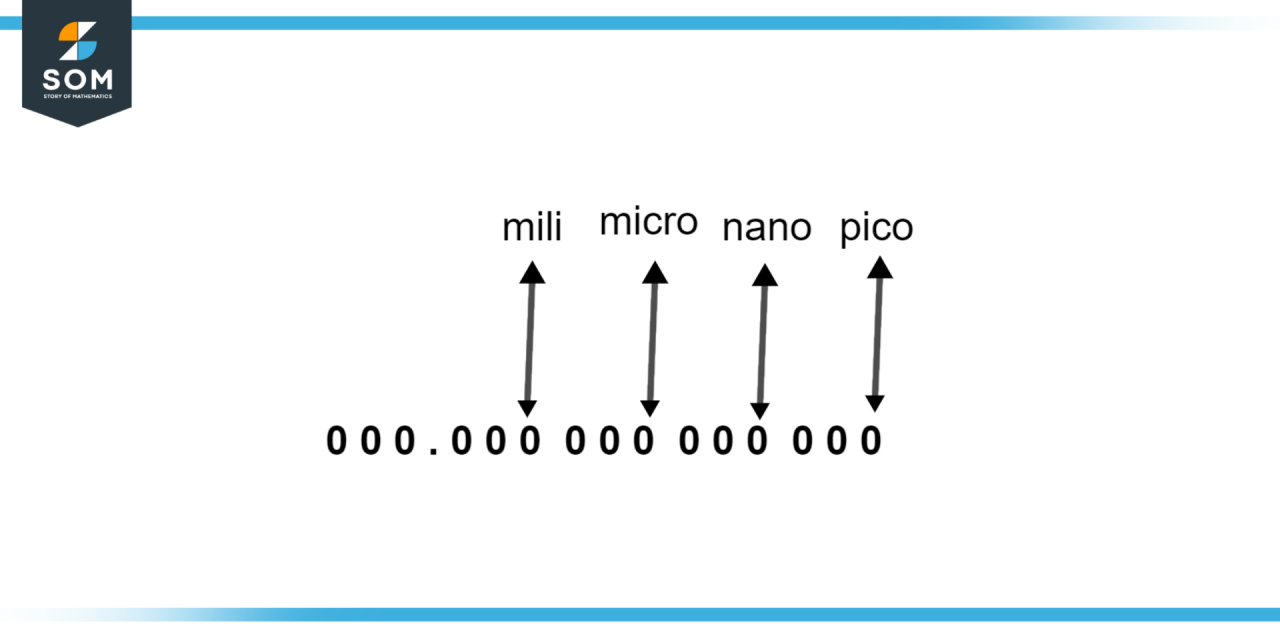
Embarking on a journey into the realm of micro definition, we unravel the intricate tapestry of a term that has left an indelible mark across diverse fields. From its etymological roots to its far-reaching applications, this article delves into the multifaceted nature of “micro,” offering a comprehensive understanding of its significance.
At the heart of this exploration lies the concept of “micro” as a unit of measurement, a fundamental building block in scientific and engineering disciplines. Its applications extend far beyond the realm of science, permeating art, literature, and popular culture, shaping our understanding of the world around us.
Micro: Definition and Meaning

The term “micro” originates from the Greek word “mikros,” meaning “small.” It is commonly used as a prefix to indicate a small size or quantity. In science and technology, “micro” denotes one-millionth (10^-6) of a unit.
Etymology and Origin
The term “micro” has its roots in ancient Greek. It was first used in scientific contexts in the 17th century to describe small organisms observed under microscopes. Over time, its usage expanded to various fields, including science, engineering, and technology.
Applications and Use Cases

The term “micro” has numerous applications in science and technology. It is commonly used to describe:
- Microelectronics: Miniaturized electronic devices and components
- Microorganisms: Tiny living organisms, such as bacteria and viruses
- Microfabrication: The process of creating small-scale structures and devices
Measurement and Scale
As a unit of measurement, “micro” represents one-millionth of a unit. It is commonly used in scientific and engineering fields to measure small distances, volumes, and masses.
| Unit | Value |
|---|---|
| Micrometer (µm) | 10^-6 meter |
| Microliter (µL) | 10^-6 liter |
| Microgram (µg) | 10^-6 gram |
Cultural and Social Impact: Micro Definition
The term “micro” has also made its way into popular culture and everyday language. It is often used to describe:
- Micro-trends: Small-scale fashion or lifestyle trends
- Micro-influencers: Individuals with a small but engaged following on social media
- Micro-economies: Local or small-scale economic systems
Technological Advancements
The concept of “micro” has played a crucial role in driving technological advancements. Miniaturization and the development of micro-technologies have led to:
- Smaller and more powerful electronic devices
- Improved medical diagnostics and treatments
- Enhanced scientific research capabilities
Future Implications
The future of “micro” holds promising implications. Emerging applications include:
- Micro-robotics: Tiny robots used for medical procedures and industrial applications
- Micro-sensors: Miniaturized sensors for environmental monitoring and healthcare
- Micro-energy: Small-scale energy sources for powering electronic devices
Ending Remarks
As we navigate the ever-evolving landscape of technology, the role of “micro” continues to grow in prominence. From miniaturized devices to cutting-edge micro-technologies, the pursuit of “micro” has revolutionized industries and holds the promise of unlocking unprecedented possibilities.
In this ever-changing world, the future implications of “micro” are boundless. Emerging applications and research areas beckon, inviting us to speculate on the transformative impact micro-technologies may have on society and the environment.
Frequently Asked Questions
What is the origin of the term “micro”?
The term “micro” originates from the Greek word “mikros,” meaning “small.”
How is “micro” used in different contexts?
“Micro” is used in various contexts to denote smallness or minuteness, such as in microelectronics, microorganisms, and microeconomics.
What is the significance of “micro” as a unit of measurement?
“Micro” as a unit of measurement, denoted by the prefix “µ,” represents one millionth (10^-6) of a unit. It is widely used in scientific and engineering fields to express extremely small quantities.





